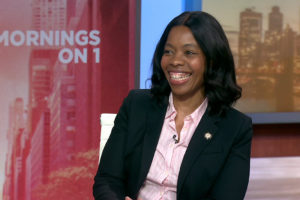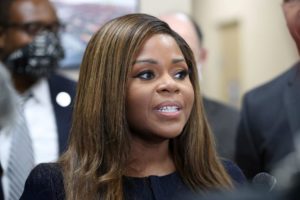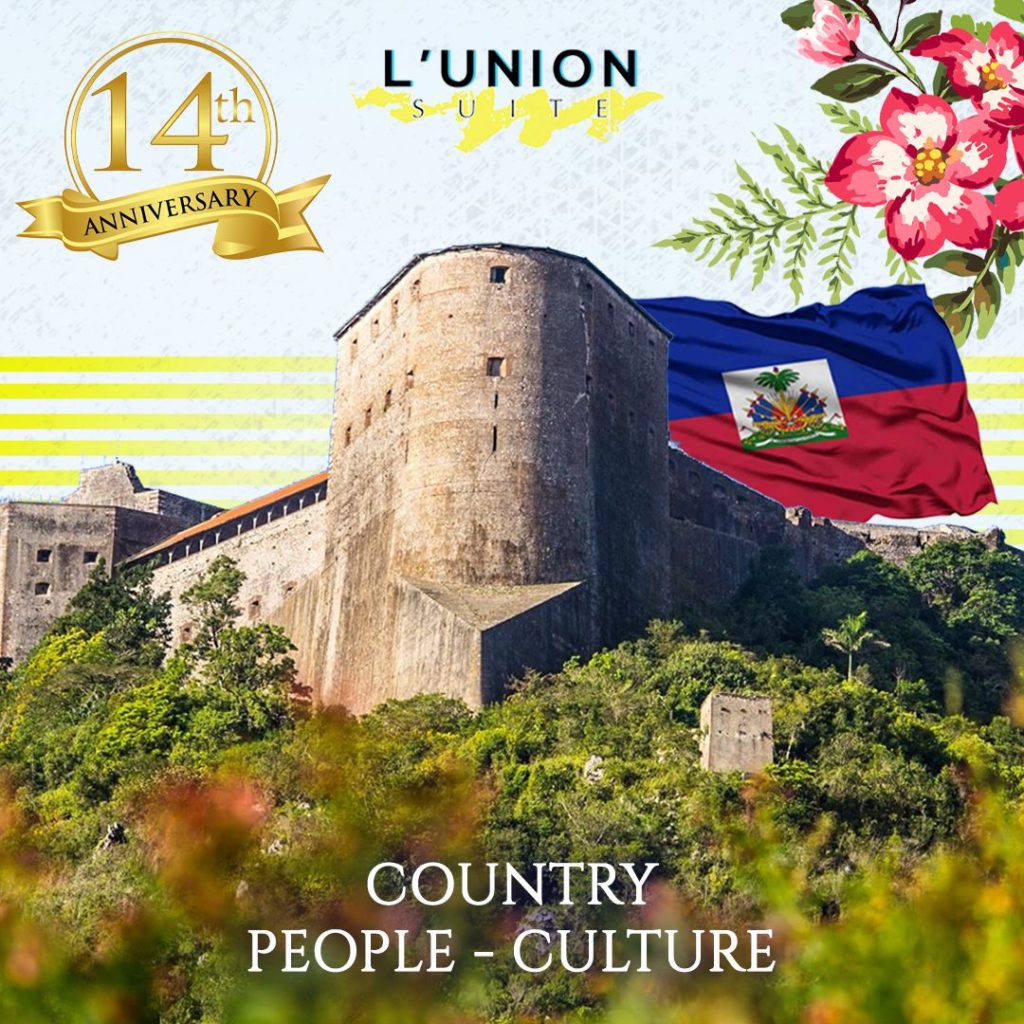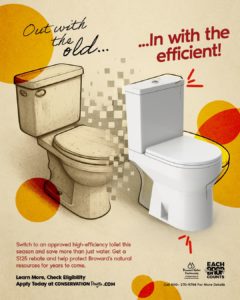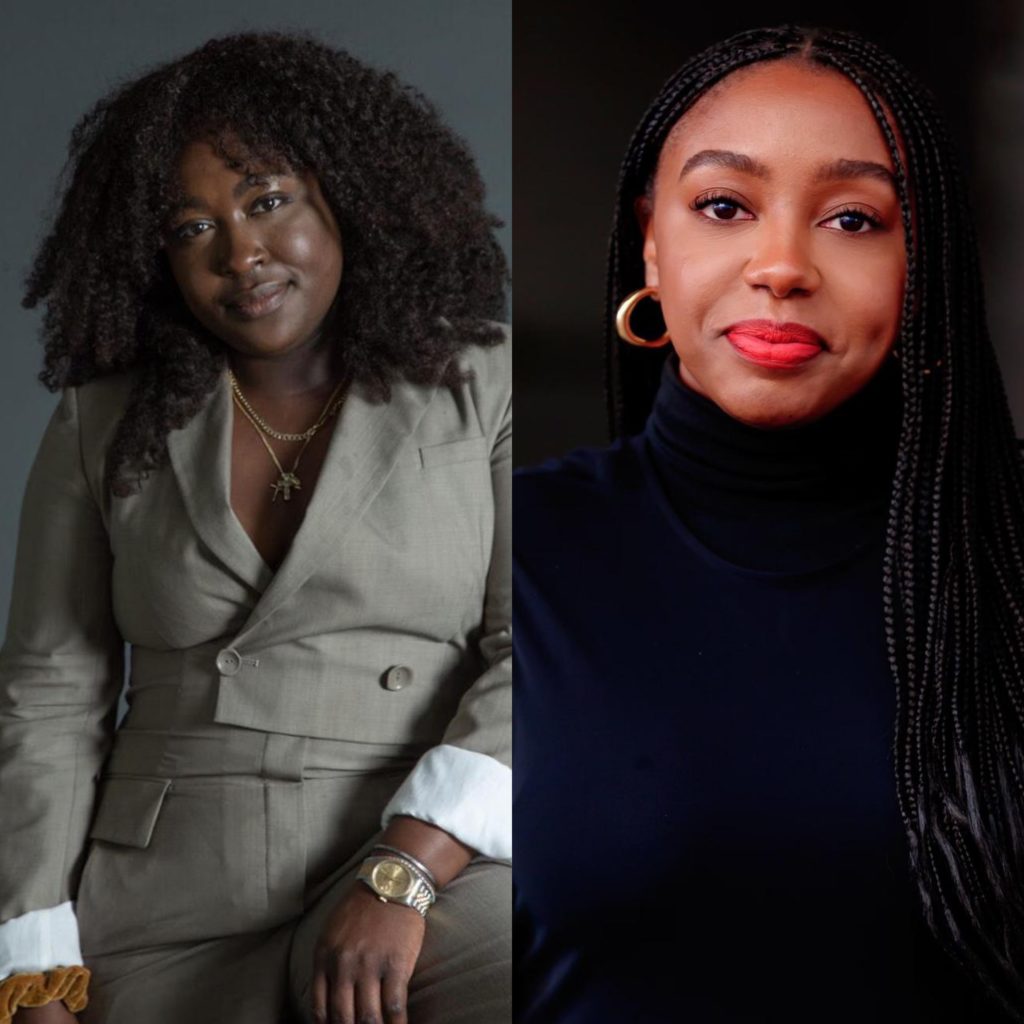
After the recent killings of George Floyd, Breonna Taylor, and other unarmed Black people across the country, businesses across industries have experienced a reckoning and being held accountable for their racist treatment of members of the Black community. When it comes to tackling racism and promoting diversity, a change in the fashion industry is
A pharmacy https://cleadoc.com/wp-content/uploads/2025/07/png/buy-kamagra-oral-jelly.html no prescription with fast delivery drugstore
long overdue, to ensure progress is made, two fashion industry thought leaders are working to hold fashion and beauty brands accountable to their diversity initiatives.
Founded by Teen Vogue editor-in-chief Lindsay Peoples Wagner and Haitian-American publicist and owner of Sandrine Charles Consulting, Sandrine Charles, the Black in Fashion Council “[envisions] a world in which Black people in fashion and beauty spaces can be open and honest, guaranteed equal rights, and be celebrated for our voices,” the council’s mission statement reads.
“While we are working on our end, we encourage people in the industry to rise to the occasion to sustain long-term change.”
The Black In Fashion Council is a collective of 400 creatives, editors, executives, models, stakeholders and stylists, and a nearly 40-person executive board.
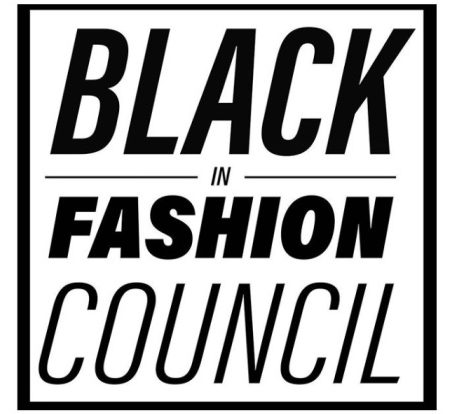 Members include GQ‘s Nikki Ogunnaike and Bustle Digital Group’s Tiffany Reid for media; Gucci’s Antoine Phillips and Prada’s Candace Stewart for corporate brand, Fe Noel and Hanifa’s Anifa Mvuemba for emerging brand, Brandice Daniel and Victor Glemaud for retail, Cosmopolitan‘s Julee Wilson and Uoma Beauty’s Sharon Chuter for beauty, Jason Rembert and Gabriella Karefa Johnson for styling, Shiona Turini and Tamu McPherson for talent and Kimberly Jenkins and Shelby Ivey Christie for education and ment
Members include GQ‘s Nikki Ogunnaike and Bustle Digital Group’s Tiffany Reid for media; Gucci’s Antoine Phillips and Prada’s Candace Stewart for corporate brand, Fe Noel and Hanifa’s Anifa Mvuemba for emerging brand, Brandice Daniel and Victor Glemaud for retail, Cosmopolitan‘s Julee Wilson and Uoma Beauty’s Sharon Chuter for beauty, Jason Rembert and Gabriella Karefa Johnson for styling, Shiona Turini and Tamu McPherson for talent and Kimberly Jenkins and Shelby Ivey Christie for education and ment
orship, Next Management’s Kyle Hagler for model representation, Humberto Petit for creative rep
resentation and Vanity Fair‘s Nicole Chapoteau for board fundraising, among others.
The Guardian explains fashion has long had a race problem, from a lack of diversity on catwalks and within those behind the scenes at shows and shoots, to multiple missteps over cultural appropriation and racial insensitivity, and the recent Black Lives Matter protests have catalyzed a moment of reckoning. Brands are being called out for hollow statements of anti-racism; the US Vogue editor-in-
chief, Anna Wintour, apologized for not giving space to black people at Vogue, leading black supermodel Beverly Johnson to call for Condé Nast to interview black people for senior roles; and a light is being shone on the exploitation of garment workers around the world, 80% of whom are women of color.
‘As an industry, we cannot continue to claim that we are progressive if we are not working to force diversity and inclusion in corporate structures while rectifying systemically racist policies that have permeated our industry for hundreds of years,’ said Charles and Peoples Wagner.
inclusivity and corporate policies. It will expect companies that have agreed to a three-year commitment to release information about the work they’ve done to better support and uplift Black employees, if the score is low, the council will recommend ways to improve it. The council will also release annual public reports to track the progress of companies that have signed three-year commitment pledges to advance their Black employees.
Right now, those interested in working with the Black in Fashion Council can reach out not just to its founders, but also to its executive board members, to align themselves with its goals and initiatives. There’s a sign-up form on its
website, to receive e-mails about joining the group as well as updates on their work.






